Future Cool
How to celebrate future Christmas
How to celebrate future Christmas

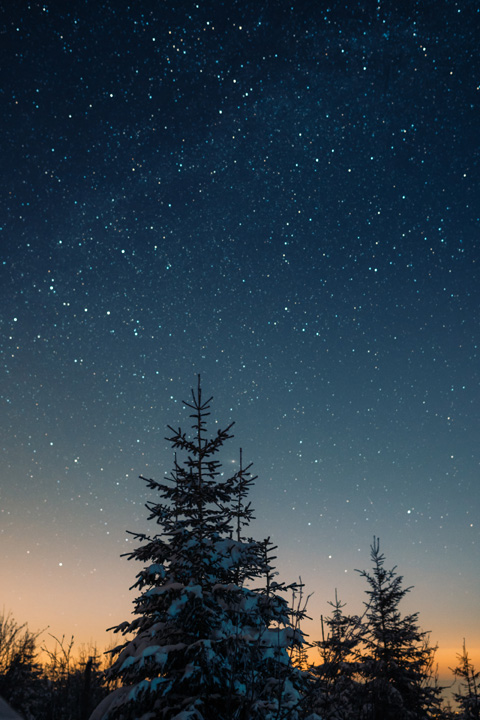
Oh Christmas tree! Do you have one? From the DIY store? Or with a root ball to replant? Ours comes from a nearby forestry. Because what few people know is that the forest has to be thinned out. In order for individual trees to grow tall, others have to be cut down around them. So, they have to go anyway. Then you can use them as Christmas trees – and no one gets hurt. Later, they can be returned to the local wildlife station. An optimal cycle.
We could optimise this cycle. With data about the forest and an algorithm that calculates who might have a tree and when. Trees could be distributed locally accordingly. The foresters would know who wants a tree and plan accordingly. Some foresters already do this, but only for those who happen to come by. The majority of people just go to the DIY store and pay five times as much. The planning goes on, all the way to the wildlife station. Around a quarter to a third of all Christmas trees could be brought into people’s homes in this way, locally and without harm, but even with benefits for the environment.
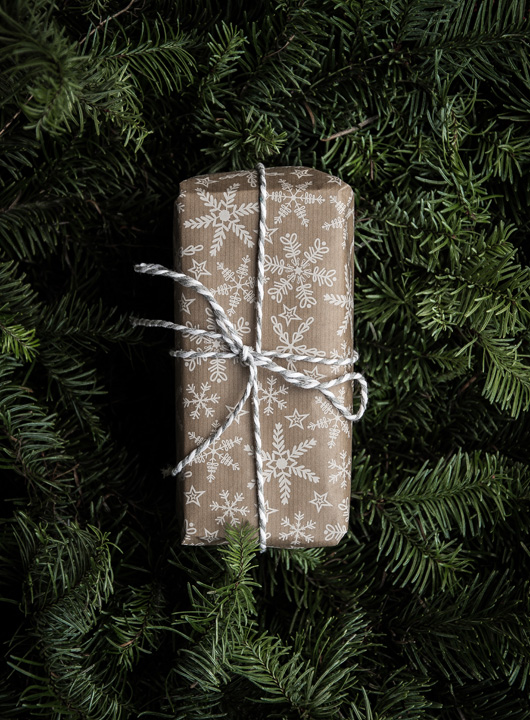
And then there is the question about presents: what do you want? And on Christmas Eve, either you get exactly what you want or you get exactly what you don’t want because you wanted to give something surprising. How about releasing parts of your private algorithm at Christmas time, so that the dear gift-giver is shown suggestions while strolling through online or offline shopping opportunities? Often of things that the recipient himself no longer knows, but which nevertheless meet his needs exactly. That would be real, but appropriate surprises.
Above all, there would be no need for large shopping platforms, because products also have algorithms. People and products would find each other that way – only the logistics would still have to be sorted out. In this way, however, more and more people would be found who simply produce beautiful things. For me, it was www.myriambalay.fr this year … our algorithms matched and found each other!
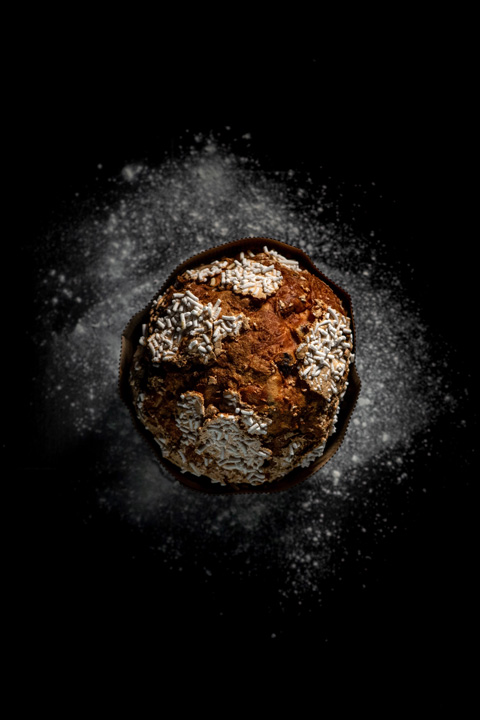
And what’s on the table for dinner? The traditional Christmas goose or the saddle of venison as a good old Christmas tradition? Or will that not suit the various flexitarian or flexigan habits of the individual family members? You guessed it, here too, with data and a good algorithm, one could optimise both family and animal welfare and largely avoid mass production of roasts. Above all, one could increasingly integrate local small businesses that produce specialities locally and on site. As is already happening today in Naples.
Friends of mine run an artisanal bakery in Naples. They have written themselves an algorithm to calculate how much panettone will be picked up in which week, as well as various other desserts. In addition, they have built up a database with their customers for years and communicate throughout the year. This also brings together data. On the basis of this data, they organise their raw materials one or two years in advance by involving their producers, who can also calculate much better this way. The raw materials are also fresher and optimised for the respective season of production.
This improves quality and customer satisfaction, (almost) everyone gets what they need and hardly any raw materials are wasted. And best of all: with this security, they have already been able to save small producers and other local businesses, which can now produce locally and independently again.
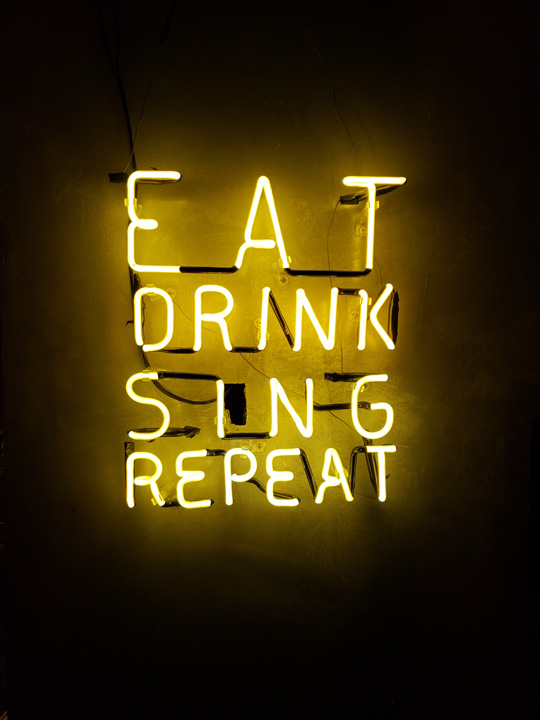
And then there’s the family. Will we celebrate more together again in the future or more and more individually? At least we have a good chance that Christmas will again be a much more appreciative celebration than in the past. Everything described here is already working.
It is up to us whether we feel like it. If we have this desire to celebrate more locally, more individually, more personally, this will be transferred to us humans. Maybe not from one year to the next. But in the long run, we’ll get there.
So digital Christmas will not have to take place in front of screens, but can, supported by digital structures, give us more beautiful, more intensive Christmas experiences. We just need to know and decide how to bring Christmas and the future together for all of us.


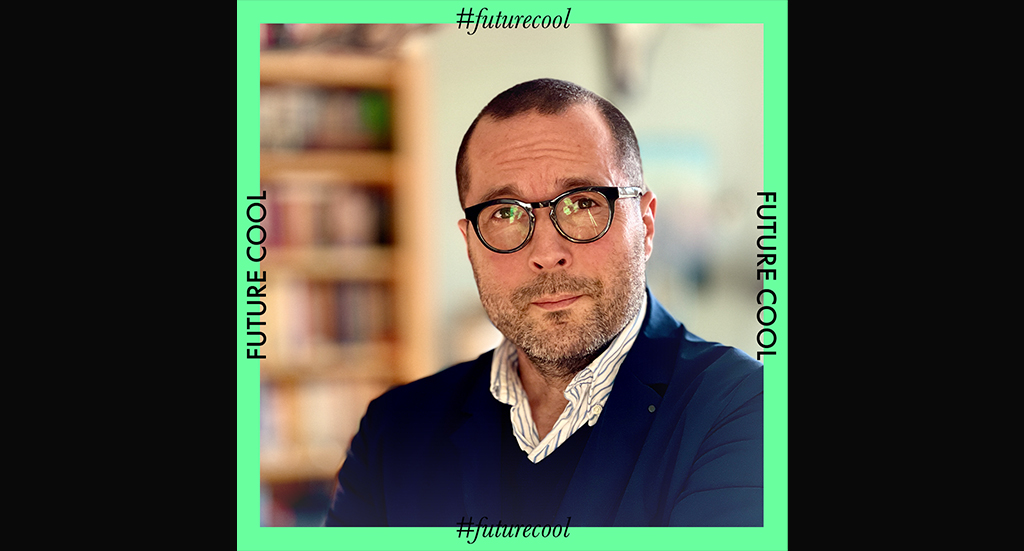


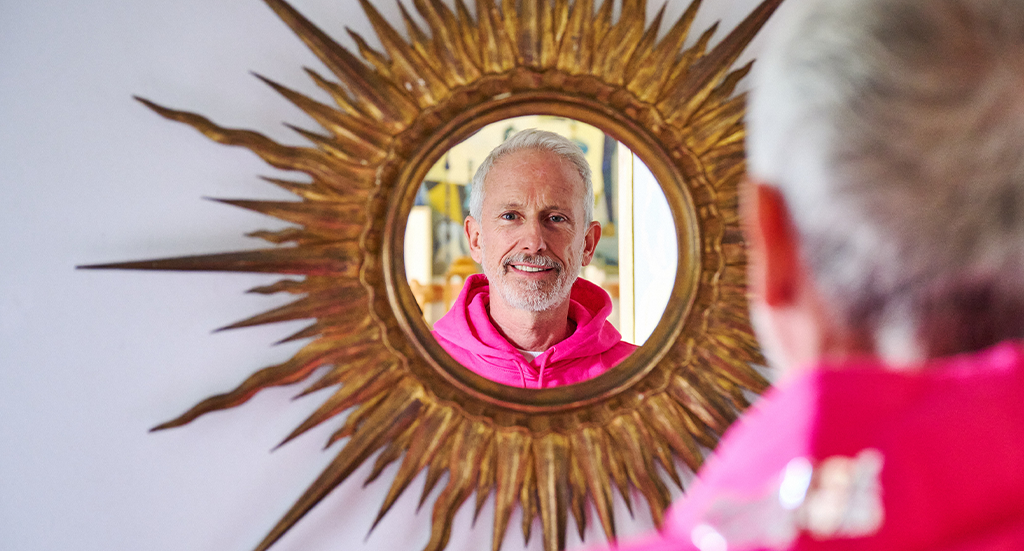
Join our Community